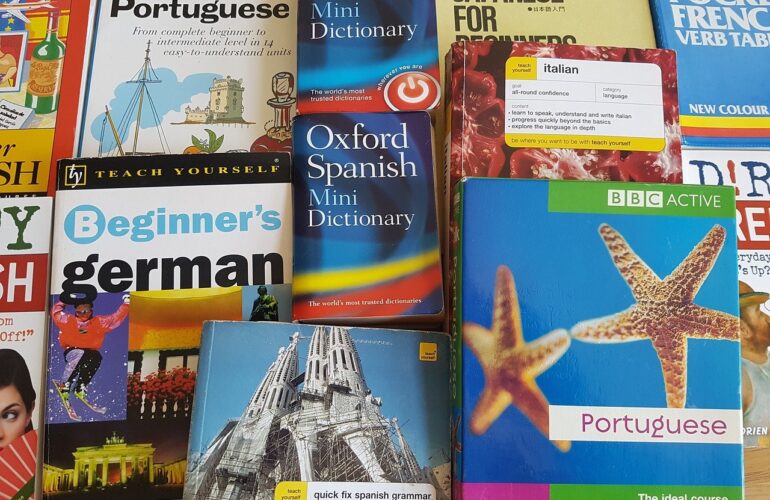Media localisation or the localisation of creative media content (often distributed online) is the process of adapting said content to a new audience. And in the case of a translation agency, it often means translating the content for a local audience while also taking some liberties with the text to make sure the core message is conveyed.
Types of Media Localisation
The most common types of media content that need to undergo localisation are video (television, film, promotional videos, and so on), images, and audio content (mostly podcasts and radio). We also receive lots of requests for the localisation of written content. These requests often come from marketing teams looking to reach a new audience using social media and online content.
Can’t I trust my team to do the localisation in-house?
If your team includes one or two linguists and translation experts who are familiar with the audience and understand the cultural and contextual aspects of what you are trying to achieve, then yes.
Otherwise, you risk exposing your brand to ridicule by making simple linguistic mistakes that a specialist would have caught before publishing. And if you don’t make any mistakes, you risk losing the essence of the message because the translation doesn’t consider the cultural aspects of the new target audience. When you do a standard translation, you risk losing aspects such as humour or sarcasm, which can be difficult to express if you don’t know the particularities of the target language and culture.
Overall, most types of content can undergo localisation, and the main business benefit is access and exposure to a new audience. In fact, considering the benefits (listed below), media localisation (done by professionals) should be part of every marketing strategy designed for a foreign market.
Business Benefits of Media Localisation
Let’s have a look at the actual benefits a business has from using proper media localisation services:
More Customers
When your message reaches a larger audience, there is a good chance that your customer base will increase. And this can happen both domestically and at an international level.
Let’s say you are a London-located business. In this case, you don’t have to consider expanding your reach overseas to benefit from using localisation services. London is one of the most culturally and linguistically diverse cities in the world, and you can always find new audiences to approach.
Of course, if you plan on expanding at a global level, media localisation is a must. And this applies even if the new market you’re trying to conquer has lots of English speakers and a similar culture to yours.
International Reputation
A brand that adapts its message to fit specific audiences has a good chance of getting popular faster than its competitors. Plus, when you are successful in multiple markets in different countries around the globe, you are no longer tethered to just one economy. In short, if something goes bad in one location, you still have several other locations to bring in resources.
Of course, there are other factors contributing to this level of success, but media localisation is often one of them.
Wrap Up
Media localisation is never an easy feat. It takes linguistic expertise, cultural knowledge, and more to translate various messages for different audiences. However, the process is necessary to create an authentic brand experience and convince users to connect with your campaigns.
Plus, media localisation provides a powerful competitive advantage in a saturated market. In short, it can put your brand on the map before your competitors even realize what hit them.
